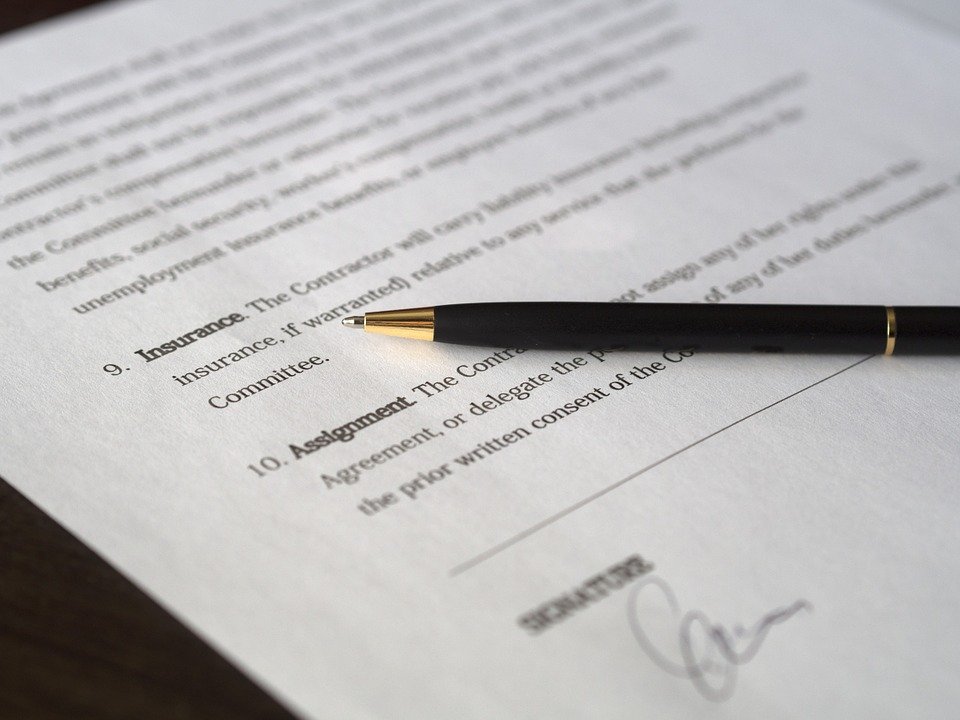Eldwick Law sets out guidance on what personal guarantees are and the grounds upon which you can challenge them.
Personal guarantees and the law
A personal guarantee is an agreement whereby an individual (the guarantor) agrees to satisfy the contractual obligations of another party, in the event that contracting party fails to do so. Generally the guarantee is given in favour of a creditor (such as a bank) and the contractual obligation is the repayment of a sum of money by a particular date. For example, if an individual signs a personal guarantee on behalf of a business when taking out a loan, the individual is agreeing to become personally responsible for the financial obligations of the business to the bank, in the event the business fails to make its loan repayments.
How far does a guarantor’s liability extend?
The extent to which a guarantor is liable will either be limited to a certain amount or the entirety of an amount borrowed. However, even in circumstances where a guarantee is limited to a certain amount, a guarantor may be liable for enforcements costs and the interest on the outstanding debt, which is likely to accrue, over and above the principal amount.
If the creditor calls upon the personal guarantee and the guarantor defaults, the creditor would be in a position to institute court proceedings for breach of contract or institute bankruptcy proceedings, thereby putting the guarantor’s personal assets at risk.
Setting aside a personal guarantee
There are several circumstances that can lead to a personal guarantee being set aside, which include:
-
Duress
Where a party’s consent to a contract is induced by duress, the contract is voidable by the aggrieved party. The threat can be actual or threatened violence or unlawful restraint to the person or to property; or it can be economic duress, such as a threat to terminate a contract. In order to prove economic duress, a party must demonstrate that the economic pressure being applied was illegitimate and that the party would not have entered into the contract but for the illegitimate economic pressure.
-
Misrepresentation
A party who has been a victim of misrepresentation (including an innocent misrepresentation) may rescind a contract, if that party was induced to enter into it by the statement made. This remedy is usually only actionable where the other party to the contract has made the misrepresentation relied on.
-
Undue Influence
Undue influence applies when one party is able to exert influence over another, to the extent of preventing them from exercising independent judgment, and uses this influence to force them entering into a contract. The undue influence can be an actual (express) influence; and it can be an influence, which is presumed from the special relationship between the parties.
-
Breach of Duty to Disclose
Generally, the beneficiary of personal guarantees is not under a duty to disclose material facts to the guarantor and the guarantor is under an obligation to inquire into and determine all the relevant facts. However, it has been established that a beneficiary under a guarantee may sometimes be under a duty to disclose unusual facts, not known, to a prospective guarantor and that if it fails to do so, the guarantee will be void.
What do our solicitors say about personal guarantee laws and liabilities?
Eager to secure funding, many individuals and especially new business owners, sign personal guarantees without fully understanding its implications and the real risk it may pose to their personal assets. It is imperative that, prior to signing a personal guarantee, you seek legal advice from an independent solicitor in order to ensure that you fully understand the legal ramifications.
If a creditor is threatening to or has instituted legal proceedings against you based on personal guarantee, you should immediately seek legal advice. Proceedings such as those instituting bankruptcy proceedings are subject to strict time periods.
Eldwick law has a team of experienced solicitors, who can assist at any stage, be it the provision of initial advice or assistance in bringing/defending legal proceedings.
Share this Post



